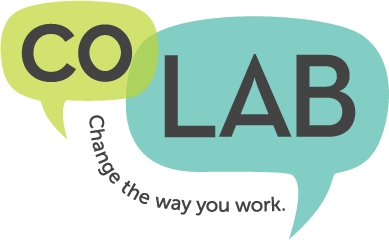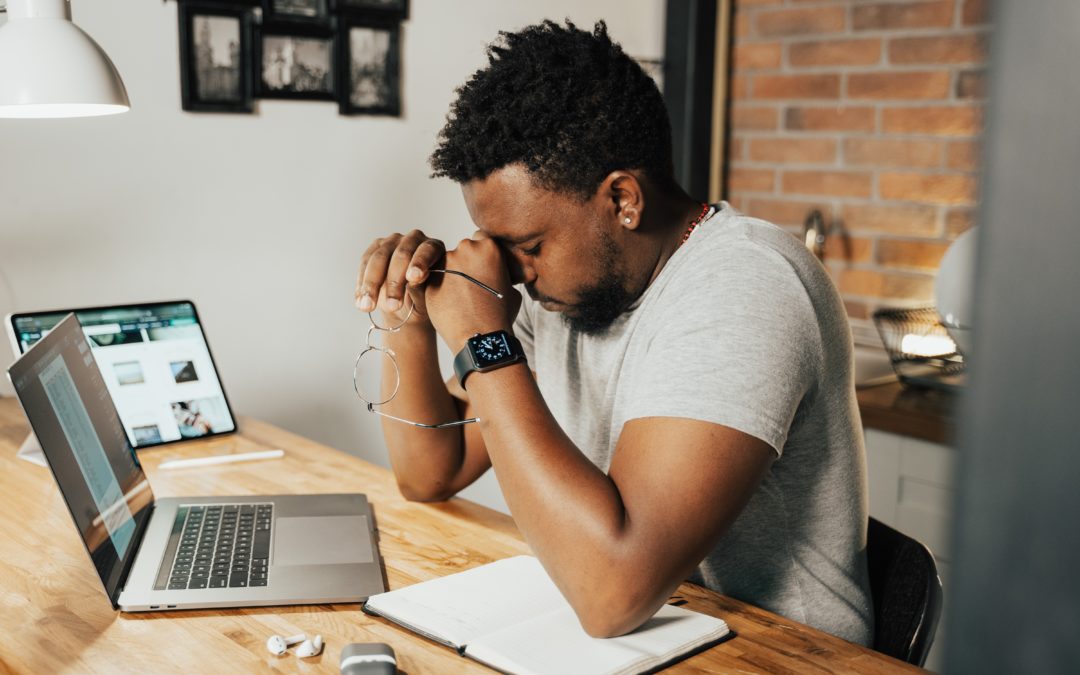Working from home has a downside. Here’s why, Author Mark Crowley, wants to go back to an office
Despite the popularity of remote work, author and speaker Mark Crowley has come to believe that doing it full-time is detrimental to human well-being, not to mention organizational success.
BY MARK CROWLEY
I once had a seventy-five-minute one-way commute to work. It was a truly exhausting journey tacked on to the beginning and end of my typical twelve-hour days in the office. I quickly came to dread having to be on the road by 5:30 every morning, and only agreed to do so because it was a condition for receiving a major promotion.
But after two years of being a resentful road warrior, my boss shocked me by saying I needn’t make the trip every day anymore. She said it was perfectly fine if I worked from home one or even two days a week.
And, just like everyone else who, over the past eighteen months, was suddenly gifted with more time to sleep, exercise, eat meals with family —and permitted to avoid a crushing rush hour experience twice a day—I was euphoric! I immediately began to fantasize about how great it would be if I never had to make that onerous drive again.
But after missing only a few days in the office, I had the sudden epiphany that the time I spent with my colleagues in person is what made my working remotely possible. The convenience of not having to drive 150 miles every day was great, but my success in leading a team virtually was also dependent upon the true connection I attained from meeting my boss for a quick lunch, running into people in the halls who supported my business or pulling my team into a conference room for an ad hoc pow wow.
Despite how popular the idea of working from home permanently has become for many people today, I’ve come to believe that working remotely full-time is detrimental to human well-being, not to mention organizational success. Without working some days each week in the office—when everyone else is there too—the harm to all of us is far greater than we might ever imagine. Here’s why.
THREE ESSENTIAL THINGS DEPEND ON BEING WITH OTHERS
In his book, “Together: The Healing Power Of Human Connection In A Sometimes Lonely World,” U.S. Surgeon General Vivek Murthy asserts that face-to-face meetings, in-person collaboration, and “micro-moments” of community at work are what give people the essential feeling of belonging, of being part of a team. “When you bring a cup of coffee to someone who is working late,” Murthy wrote, “When you offer words of encouragement when a colleague is having a bad day. Exchanges like these are powerful for both parties.”
Prior to the COVID pandemic, customer service representatives at one major credit card company worked in call centers where they interacted with one another in meetings and on breaks. But ever since these employees were deployed to their homes to work (now permanently) turnover according to management has “skyrocketed.” Workers who quit said the isolation they felt was dispiriting—and not having friends around to lift them up after dealing with an angry customer made the job lonely, joyless and gave them little reason to stay.
OFFICES ARE A PRIMARY PLACE TO MAKE HUMAN CONNECTIONS
In The Atlantic Magazine recently, Derek Thompson wrote, “Before the pandemic, the office served for many as the last physical community left, especially as church attendance and association membership declined. But now, even our office relationships are being dispersed.”
To his point, 35 million Americans live alone today according to the U.S. Census Bureau, that is 28% of all households. And in 2018, long before the pandemic lock-downs and the launch of the work-from-home experiment had begun, a study by the Henry J. Kaiser Foundation showed that one-in-four adults already felt lonely or socially isolated all of the time.
People who argue in favor of working remotely full-time will tell you they have all the social contact they need outside of work. But according to the behavioral scientist, Jon Levy, “It’s only one-in-a-million people for whom this is really true.” Author of the New York Times bestseller, “You’re Invited: The Art And Science Of Cultivating Influence,” Levy wrote, “The greatest punishment we give people in society is either solitary confinement or banishment from the group. It’s because we’re not meant to be isolated and—without connection to others—we suffer psychologically and emotionally.”
WE NEED LOTS OF DAILY INTERACTIONS TO THRIVE
Research by Brigham Young University professor Julianne Holt-Lunstad shows the most important predictor of living a long life is social integration–meaning how many people we connect with every day. And a new study from the University of Chicago confirms this by showing it’s the routine interactions we have with myriad people, including workers from different areas, cafeteria workers, and people we see at the gym that sustain us. According to Holt-Lunstad, the impact of lacking social connection is equal to the risk of smoking 15 cigarettes a day – greater than the risks of obesity, excessive alcohol consumption, and lack of exercise. In the words of Vivek Murthy, “Quite simply, human relationship is as essential to physical, psychological and emotional well-being as food and water.”
Social isolation is bad for business
In a 2018 study referenced in Jon Levy’s book, “You’re Invited,” Wharton organizational behavior professor, Sigal Barsade, found that lonelier employees feel less committed to their employers and also to their co-workers. In moments of stress or conflict, lonely employees are more likely to decide that certain relationships aren’t worth the effort. And when the connection between colleagues begins to wear, distrust infects communication and collaborations. “Entire teams and even departments can suffer.”
It’s simply irrefutable that being able to work from home—regaining profound freedom and flexibility over our lives—may be the single greatest upside to come from our nearly two-year pandemic malaise. But just because we’ve proved that people are no less productive working from home than in the office, we must resist the easy conclusion that office work has been fully transcended.
What makes human beings happiest at work, just as in the rest of their lives, is having close connections with other people, a strong sense of belonging, and meaningful work. The truth is all of these are put at risk when any of us works primarily from home.
As a guest on my podcast, Jon Levy recently asked me the following question:
“Now that we have all the technology that could support it, do you think it would be a good idea to move all elementary school, middle school, high school, and college education exclusively to remote learning?”
As you might imagine, Levy quickly confirmed that most of us would answer his question with an emphatic “no.” And that begs another question, “If we wouldn’t isolate our children like this, what makes us believe being isolated ourselves is such a good idea?
Author: Mark Crowley is a bestselling author and a global speaker on employee engagement. Full Article HERE.
HOW COLAB CAN HELP
coLAB is the perfect solution for either a full-time office space or hybrid office. We have flexible memberships and day pass options for people to come into a professional office environment to work. This allows people the choice to leave their homes, cut down on commutes and have social interactions.
Our coworking space is a community of brightly engaged entrepreneurs, creators, makers, go-getters, and all-around awesome people. We are a state-of-the-art coworking space that is equipped with everything today’s professionals need.
Here are five reasons why coworking offices are a great solution for employees:
1. It gives employees the flexibility and autonomy to choose what is right for them.
2. It helps in recruiting talent.
3. It can help your company appear more professional.
4. It can help your employees be more innovative, well connected, and productive.
5. It can help your company save costs.
Schedule an in-person tour or free trial day online HERE. Or, if you prefer, here is a VIRTUAL TOUR.

